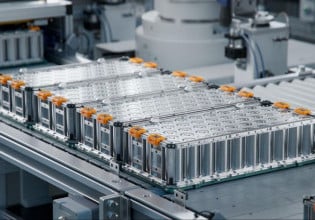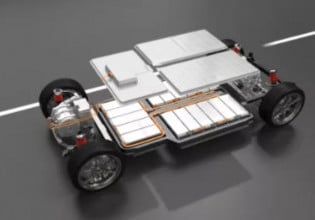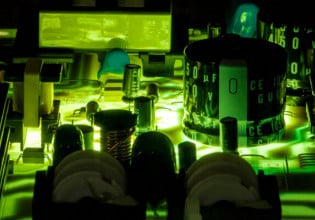Northvolt AB has announced plans to build a battery factory that will have four blocks of 8GWh capacity. This is expected to require a footprint of roughly 500,000 m² or the equivalent of nine soccer fields. The 32+ GWh production site will require an investment greater than €4 billion over a period of six years. The batteries will be designed for use in several consumer and industry goods including; electric vehicles, white goods and Energy Stationary Storage (ESS) solutions.
“We have started the site-selection process. Our ambition is to make a decision during mid-2017. For the region where the factory will be built, this is a unique opportunity to develop an innovative industry cluster of expertise around batteries and energy storage,†stated Peter Carlsson, CEO of Northvolt.
According to Northvolt’s analysis: Access to clean water, inexpensive, carbon neutral energy with a stable grid is key, and something that the Nordic countries can offer. Furthermore, several critical minerals can be mined in the region. There is strong academic competence at hand, a highly educated work force as well as a large number of multinational companies with strong interest in energy storage and battery technology.
“There are strong indications that when the cost of lithium-ion batteries drops below US$100 per kWh, a number of user-sectors will reach an inflection point where traditional technology is no longer cheaper. This, in turn, will quickly lead to a situation when global demand significantly outpaces existing and planned production capacity,†Carlsson commented.
“We believe there is a long-term market for 100-150 factories of our size. Strong societal and political willingness to move from an oil based energy model to carbon-free energies are creating new trends in electrification of transportation. An increasing mix of renewable energy production adds volatility in power production - it needs better storage solutions. Until now cost has been too high for widespread adoption. We are now able to bring costs down,†concluded Carlsson.






